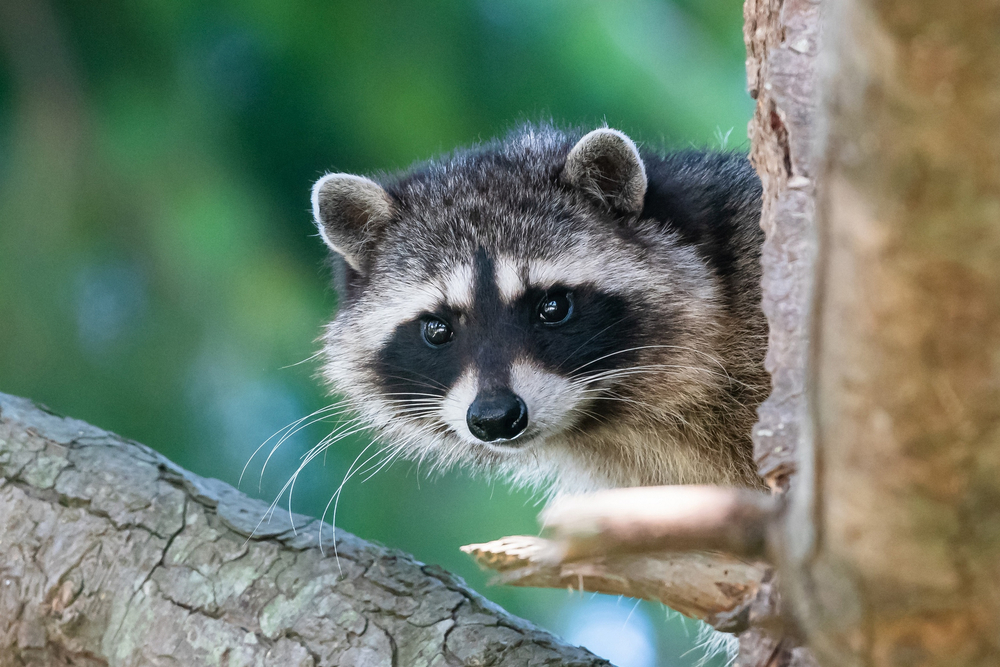Source: The Wichita Eagle
A raccoon spotted wandering in daylight recently alarmed the Rose Hill Police Department, prompting a Facebook warning about possible rabies. However, experts say rabies in raccoons is rare in Kansas. Shane Hesting of the Kansas Department of Wildlife and Parks explained that the state only has bat and skunk rabies strains, not the raccoon strain. Of 822 animals tested this year, 20 were positive for rabies and none were raccoons.
Instead, Hesting said such odd behavior likely indicates canine distemper virus (CDV), which mimics rabies symptoms and affects animals like raccoons, dogs, and skunks. CDV causes fever, coughing, neurological issues, and lethargy but isn’t transmissible to humans. Pet owners are urged to vaccinate dogs and cats against distemper. Rabies, by contrast, remains deadly and transmissible through saliva; symptoms include aggression, drooling, and paralysis. Anyone bitten by a wild or stray animal should seek immediate medical care and report suspicious wildlife.
Read the full story HERE: https://www.kansas.com/news/state/article312343492.html

